Stock Plugins or Third-party Plugins
Each DAW is bundled with a huge amount of different audio processing plugins. With all these plugins at hand, why are people still buying third-party plugins? Don’t they have enough tools to play around with already?
There are various reasons why third plugins can enhance your existing stock plugin collection. One reason to buy third-party plugins is that not all types of processing tools are available within your DAW. Less commonly used tools like multiband compressors, dynamic equalizers, and tape emulation are not always included in your DAW package.
Broad v.s. specific
While most DAW’s have compression, eq, reverb, and delay plugins, most of these tools are meant to work for a broad range of musical applications. Their goal is usually to sound clean and transparent and this is not always the thing you’re looking for. Sometimes you want to add some color to your sounds and plugins that model analog gear are perfect for that. But as these analog modeled plugins are not usable on every instrument or sound, most manufacturers refrain from bundling them in their DAW.
Another benefit to using third-party plugins is that you keep using the same plugins even though you might switch between DAW’s. I started out by using Ableton Live, then used Pro Tools for my school projects and finally settled with Cubase, but my plugins didn’t change through all this time. I only added new ones to broaden my sonic palette.
A third-party plugin bundle that changed my production and mix quality completely is made by Soundtoys. In particular, Decapitator as it is the best sounding software saturation plugin I have ever heard. Buying a third-party reverb plugin bundle also made a huge difference. When I bought the Lexicon PCM reverb bundle I could suddenly hear depth in my mixes. Something I could never achieve before.
Start by using stock plugins first
If you are just starting out I would recommend working with stock plugins first. Get to know these tools and only if you truly miss something, start looking for third-party plugins. The first third-party plugin I bought was the Waves H-Compressor. This plugin models different kinds of hardware compressors and was a great addition to my clean sounding stock compressor.
After working with stock plugins for a while I also started to notice artefacts. As DAW manufacturers focus mostly on stability and adding new features within their software environment, perfectly designed plugins are not always high on their to-do list. A company that specializes in a certain type of plugins can spend more time researching algorithms to reduce artefacts and to increase the overall sound quality.
As long as I don’t notice artefacts with my stock plugins, I happily use them. But after I gained more experience I started to reach for third-party plugins more and more. The first equalizer I bought was the Fabfilter Pro Q. Not only because it is very versatile and clean but also because it’s simple and fast. And sometimes there is nothing more important than using software that you know will do the job.
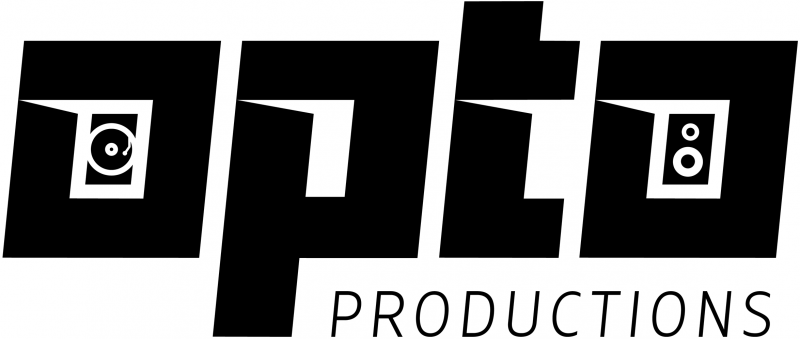
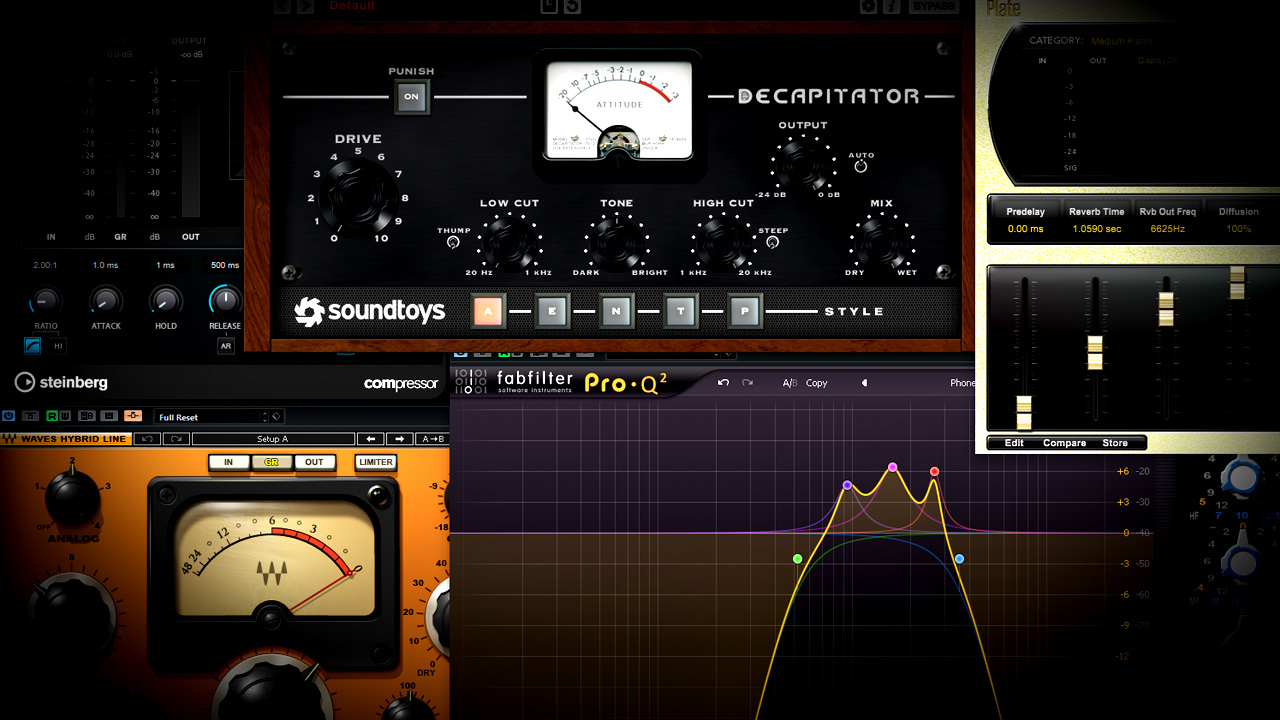
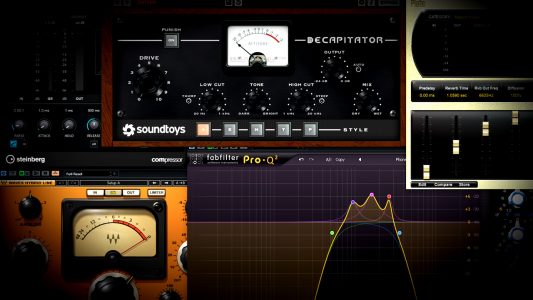
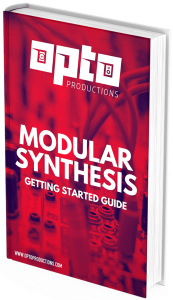

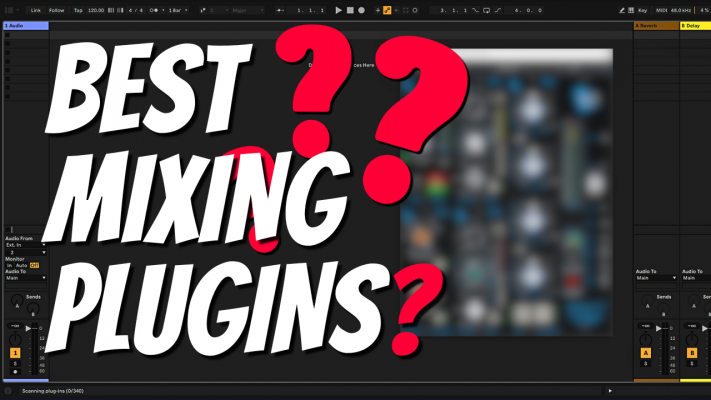
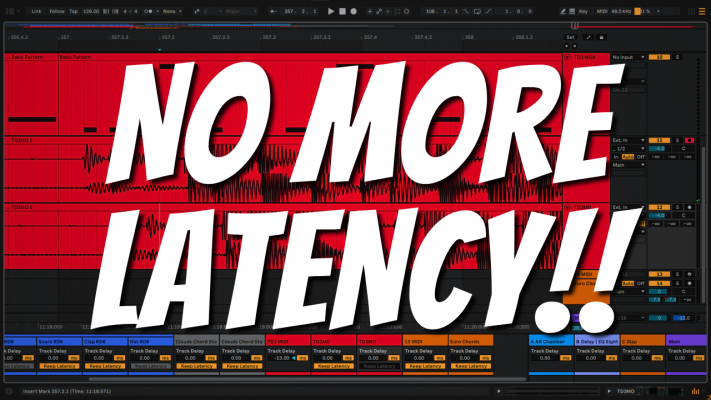

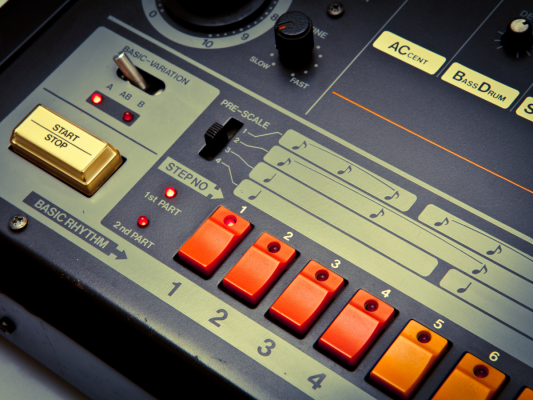
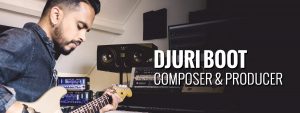

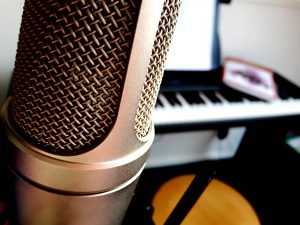

One Response
Because they give different sound